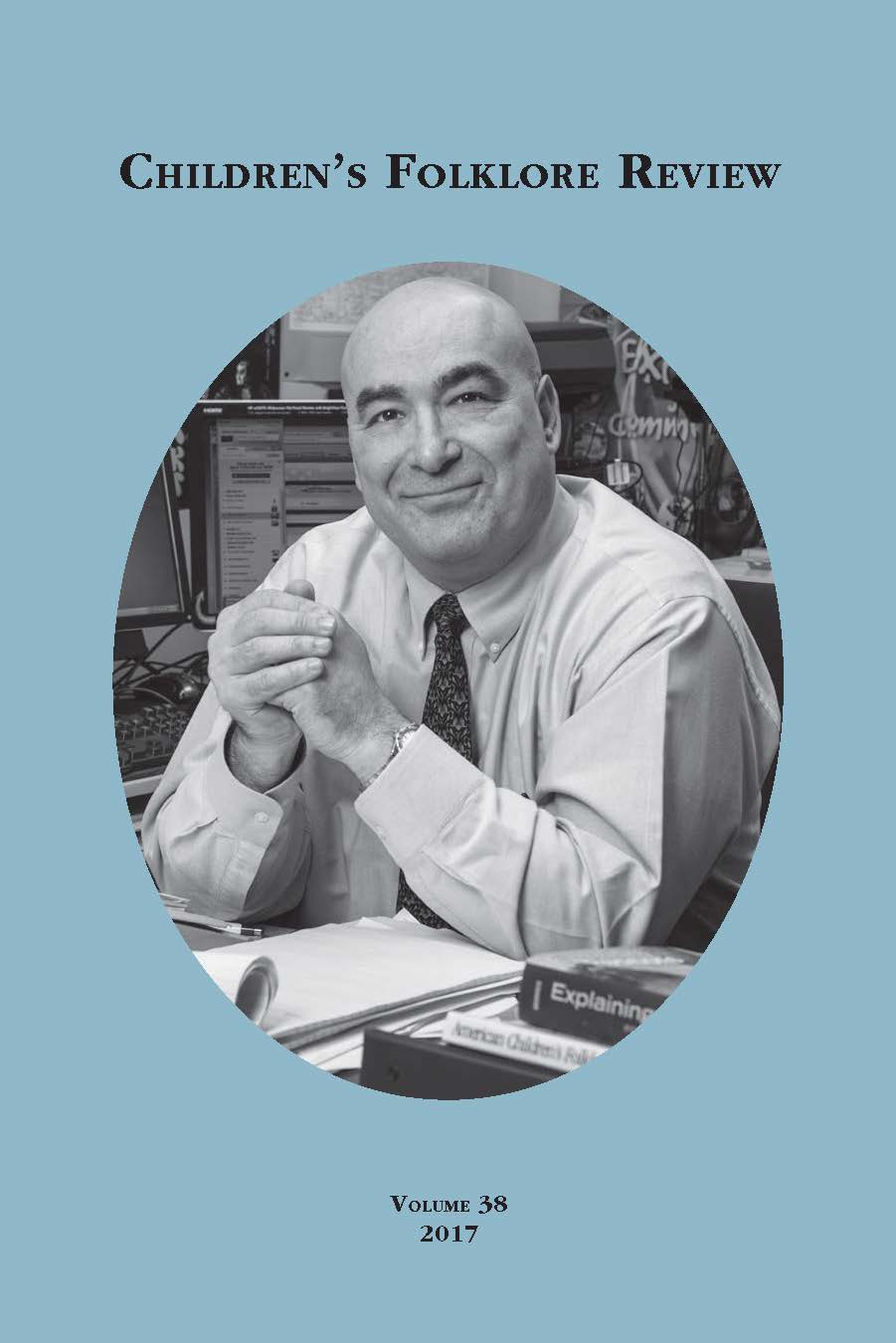Growing Little Traditions: Baltimore’s Little Miss Hon Contest
Main Article Content
Abstract
Baltimore’s HonFest festival draws folkloristic attention because it is one of the few urban public festivals to celebrate a folk group not based on any particular ethnic, religious, or occupational affiliation. The Little Miss Hon contest is one popular part of the two-day HonFest festival. Recognized as a “Baltimore” tradition, 60,000 festivalgoers attend HonFest each year. These range from neighborhood locals to out-of-state revelers. Many hail from in between: the Baltimore metropolitan area, but not the city proper. Some of the notice the festival receives derives from its controversial depictions of longtime, blue-collar, local residents, especially apparent in the two featured stage contests: the adult’s Best Hon Contest and the children’s Little Miss Hon contest. The performed “Hon” image is perceived by some as a buffoonish characterization, while others see it as an exaggerated celebration of strong women based in an accurate historical past. Additionally, the festival—and particularly the stage contests—raises folkloristic questions of the invention of tradition in urban America as a means of battling an inferiority complex. Baltimore, a once great city, lives in the shadows of New York, Philadelphia, and Washington, D.C. Elaborating on this urban issue, the Little Miss Hon contest reveals a devotion to a tradition, a tradition that itself is devoted to the image of a white, blue-collar city. Further, in the Baltimore context, both supporters and detractors have heightened the symbolic meaning of the “Hon” image because of the perceived connection to ideas of local identity, belonging, race, class, gender, and occupation.
Downloads
Article Details

This work is licensed under a Creative Commons Attribution-NoDerivatives 4.0 International License.
Materials published in the Children's Folklore Review (CFR) remain the property of their authors. CFR encourages authors to honor the journal with exclusive rights to their work for the period of one year following its initial publication; however, authors may offer their work for reprint as they see fit. Submissions may be withdrawn at any point during the review process. Once the material has been published in CFR, however, it becomes part of the CFR record and cannot be removed.Likewise, CFR may emend the appearance of materials to maintain a consistency of design, but will make only make changes to the text when requested by the author. At the author’s request, and with the agreement of the editor, additions and amendments may be added as separate files to the table of contents.
Authors who publish with this journal agree to the following terms:
- Authors retain copyright and grant the journal right of first publication with the work simultaneously licensed under a Creative Commons Attribution Non-Derivative License that allows others to share the work with an acknowledgment of the work's authorship and initial publication in this journal.
- Authors are able to enter into separate, additional contractual arrangements for the non-exclusive distribution of the journal's published version of the work (e.g., post it to an institutional repository or publish it in a book), with an acknowledgment of its initial publication in this journal.
- Authors are permitted and encouraged to post their work online (e.g., in institutional repositories or on their website) prior to and during the submission process, as it can lead to productive exchanges, as well as earlier and greater citation of published work.
- While CFR adopts the above strategies in line with best practices common to the open access journal community, it urges authors to promote use of this journal (in lieu of subsequent duplicate publication of unaltered papers) and to acknowledge the unpaid investments made during the publication process by peer-reviewers, editors, copy editors, programmers, layout editors and others involved in supporting the work of the journal.
